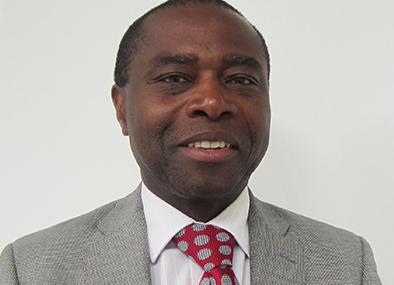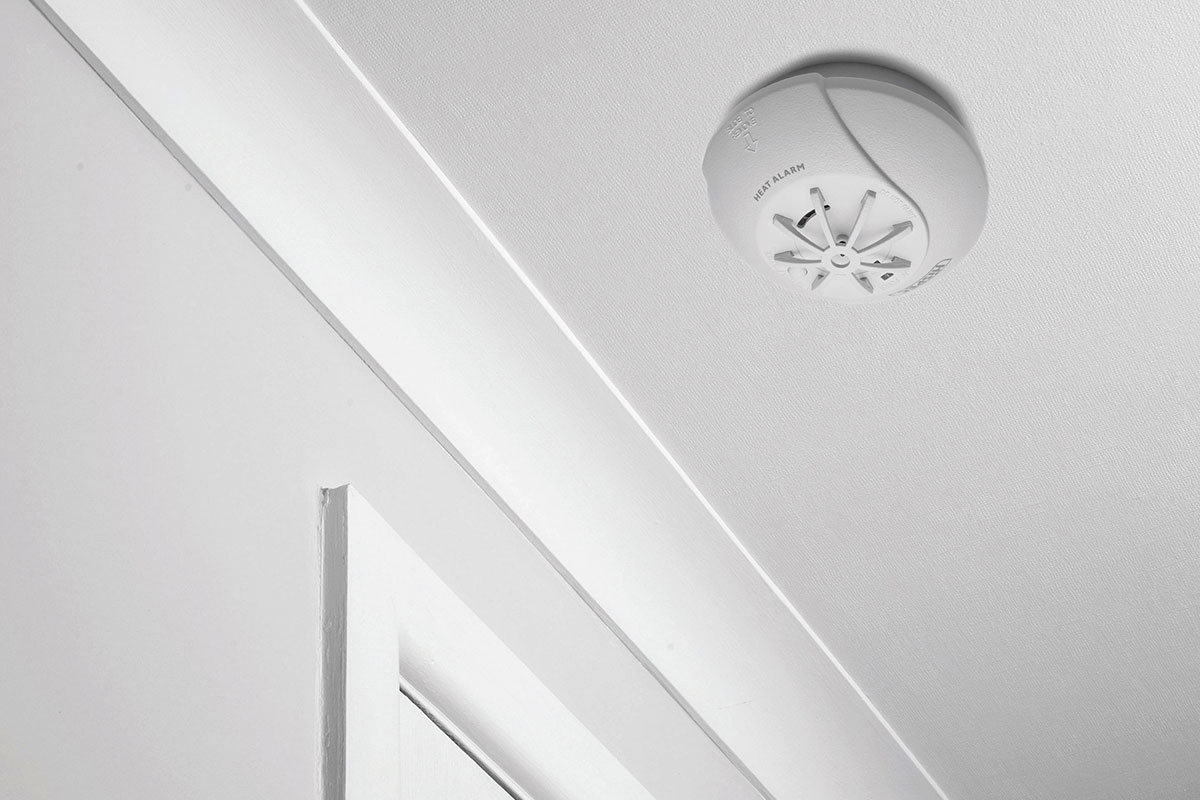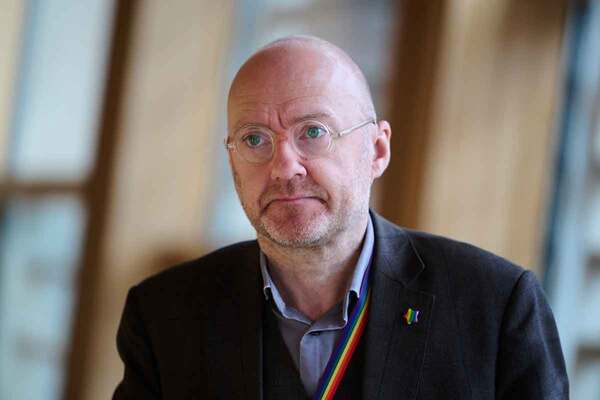You are viewing 1 of your 1 free articles

Cym D’Souza is chief executive of Arawak Walton Housing Association and chair of BMENational
The BME sector has much to offer
With the housing crisis disproportionately affecting black and minority ethnic (BME) communities, the sector needs to step up to provide solutions, says Cym D’Souza

Cym D’Souza is chief executive of Arawak Walton Housing Association and chair of BMENational
We are living through a pivotal period in British history. The Brexit vote, the regional mayoral elections and a second general election in two years signal the emergence of a new political settlement.
Pleasingly, all major political parties now recognise the scale of Britain’s “broken housing market” and have revised their affordable housebuilding pledges accordingly, while committing to new social housing provision of various forms.
Housing organisations will need to continue to be highly adaptable, as they have been for at least a century, to changes in the operating environment. Providing many more affordable homes will remain core business. But promoting their value in wider policy arenas – such as the economy, infrastructure investment, health and well-being, and care and support – will be key to their success too.
At BME National we have evidenced how BME housing organisations are crucial in helping resolve today’s housing crisis, since it disproportionately affects BME communities. For example, last year 42% of local authority homeless acceptances were from a BME background – up from 18% two decades ago. This is 2.5 times the representation of BME communities in the population.
Research by the Human City Institute reveals that the housing circumstances of BME communities continue to be less favourable than for white people, with under-concentration in homeownership – specifically outright homeownership. This has effects on the distribution of wealth between ethnic groups, with the BME population significantly poorer.
“Last year 42% of local authority homeless acceptances were from a BME background.”
And BME households are also more likely to live in older, fuel poor and overcrowded housing, and in flats and terraced homes, rather than detached or semi-detached. They are over-concentrated in the most deprived neighbourhoods and worst living environments in England.
With all of this in mind, the BME housing sector is demonstrating our flexibility, innovation, value for money and partnership ethics in a wide-ranging offer to the nation, as well as staying true to our social purpose origins and our commitment to cohesive communities.
Our offer covers a wide range of ambitions, activities and collaborative initiatives. These stem from our visioning and planning work through BME National, drawing on the extensive research by the Human City Institute, and in discussion with a range of partners.
Through BME National, we can call upon the strength of a housing collective of 70 organisations managing 65,000 homes located in England’s main urban centres – mainly Greater London, the Northern Powerhouse, the Midlands Engine and the Bristol city region
BME housing organisations aim to provide upwards of 5,000 new affordable homes over the next five years or so. These will be located primarily in England’s devolved authorities.
Together with our role in housing supply is our promotion of more cohesive communities. This is one of the most valued aspects of our work among residents and partners. By bringing people of different ethnicities, origins and faiths together and delivering culturally sensitive services, BME housing organisations are actively engaged in initiatives that expand cohesion and integration.
A linked area of activity is our proud track record of housing migrants and refugees. We are building on our work with the Chartered Institute of Housing in creating a housing rights website for migrants by pledging to provide a safe and welcoming environment and training board members and staff to be informed advocates for vulnerable migrants.
A further part of our offer is the investment by BME housing organisations in local economies. We will continue to build on the £200m in gross value added generated in recent years, which sustains 1,000 jobs in often fragile local economies on top of the 3,500 people employed directly by us.
Our ongoing presence in the most disadvantaged communities (90% of our housing is located in the 10% most deprived neighbourhoods) is a bulwark against poverty, discrimination, austerity and health inequalities at a very difficult time for BME people on low incomes and benefits.
“BME housing organisations aim to provide upwards of 5,000 new affordable homes over the next five years or so.”
BME housing organisations also have a long-standing track record of boosting the life chances of BME people directly, through employment, training and apprenticeships, and indirectly by acting as advocates, role models and mentors.
While the operating environment in recent times has been challenging, the BME housing sector has now established this evolved offer, drawing on our deep roots, the diverse communities which we help to thrive, and our dedicated and culturally sensitive range of services for BME households.
Whatever the political reality after 8 June, the BME housing sector’s offer is deep and wide. It covers new housing provision; the promotion of cohesive, flourishing and thriving communities in England’s cities; and localised economic investment. And it underpins an improved social mobility for BME people.
Cym D’Souza, chair, BME National










